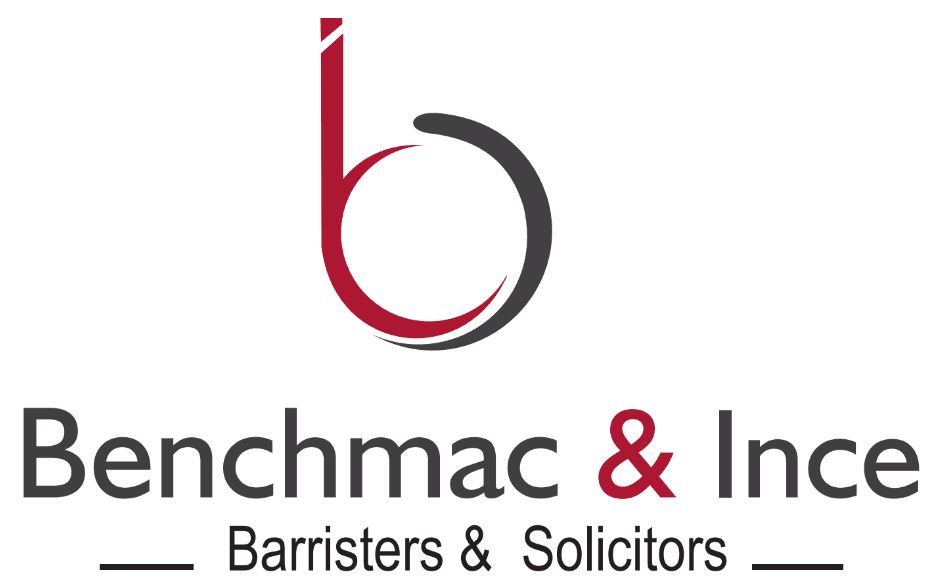As the most populous nation in Africa, Nigeria is a potential market for counterfeit products. Cheap, sub-standard fakes are flooding the market through foreign and local traders while manufacturers are illegally replicating well know brand names and designs on their packages and labels. Very often, consumers purchase products and discover that it is a fairly identical brand to the original product they sought to purchase.
Although there is no specific legal framework for the enforcement of measures against counterfeiting that covers all the sectors however Trademark rights remain the major and commonly deployed form of intellectual property protection in Nigeria. The laws guiding and regulating trademarks are contained in the Trade Marks Act 1965 (TMA) and the Trade Marks Regulations 1967. The laws confer exclusivity of use on the proprietor of a registered trademark for goods and services placed in streams of commerce, and restrain unauthorised use of similar or identical trademarks.
Under the Trade Marks Act the venue for enforcement depends on the nature of right sought to be enforced. Generally, the Federal High Court has jurisdiction over trademark infringement actions. There are various lines of actions that may be adopted in combating the sale of products that violate the IP rights of a brand owner in Nigeria. The civil cause of action in seeking redress against offenders are Trade Mark Infringement and the Common Law Tort of Passing-Off.
Trade Mark Infringement
In an action for trademark infringement, the existence of a registered trademark or a certificate of trademark is a condition precedent to the exercise of jurisdiction by the court. The Trade Marks Act gives a proprietor of any registered trade mark, if valid, an exclusive right to use the trade mark in relation to any goods for which they are registered. Thus a trade mark if registered gives the proprietor the exclusive right to use the trade mark in marketing or selling his goods. If anyone without his consent uses an identical mark or a mark so nearly resembling it as to be likely to deceive or cause confusion, the proprietor can validly sue for infringement of the trade mark, or sue in action for passing off or both.
In order to sustain a claim for infringement of trade mark, a brand owner must establish the following:
- That he has a registered trade mark, which is valid and subsisting on the Trademarks register;
- That the mark being used on the offending product is identical or confusingly similar to his registered trademark; and
- That the product in question is the same goods or of the same description of goods as that in respect of which his trade mark is registered.
The Supreme Court of Nigeria in Ferodo Nigeria Ltd vs. Ibeto Industries Limited stated thus:
Following the provisions of section 5(2) of the Trade Marks Act, an infringement of a registered trade mark cannot be maintained unless the court finds that the defendant is engaged in the use of a mark identical with the registered trade mark or uses a mark so nearly resembling the registered trade mark, as to be likely to deceive or cause confusion in the course of trade; or uses in relation to any goods in respect of which it is registered, or uses in such a manner as to render the use of the mark to be taken as importing a reference to the goods which the plaintiff’s trade mark is connected.”
It is imperative to note that only the issuance of a certificate by the Registrar of Trademarks is regarded as a valid registration and as such, a person who has been issued acknowledgment and acceptance cannot claim to have a valid trade mark registration. The courts have held repeatedly that a pending or approved trademark application cannot form the basis of a trademark infringement action. In the absence of a registered trademark, the option available to the brand owner is to institute an action in Passing off.
Where the brand owner is able and can establish and meet the three requirements mentioned above, the brand owner can succeed in a claim for trade mark infringement.
The Common Law Tort of Passing Off
The rights which have been acquired by use in unregistered marks may be protected by an action in Passing off . The law of Passing – off seeks to protect a business or product from being represented as another’s, by use of a name, mark, get up etc. similar to an existing company/business or existing mark (whether registered or not).
In other to succeed in a claim for Passing –Off, the brand owner must satisfy the court on the following elements:
- That there was a misrepresentation,
- It was made by a infringer in the course of trade,
- It was made to prospective customers of his or ultimate consumer of the goods,
- It was calculated to injure the business or goodwill of another trader(i.e. likely to injure)
- It will cause or probably cause actual damage to the business or goodwill of the brand owner.
In Nigeria, the major purpose of the tort of passing-off is the protection of an established trade goodwill already acquired by a trade mark or trade name. It should be noted however, that the establishment of “goodwill” alone, without more, does not in itself, fulfill the other ingredients for passing-off in tort. The essential elements of this tort must be proved by the brand owner to sustain a claim for Passing off. The brand owner must show:
- Proof that the name, mark, sign which the brand owner claims ownership has become distinctive of his goods and is regarded by a substantial number of the public or persons involved in a trade in the relevant market as coming from a particular source;
- That the infringer who is engaged in a common field have used a name, mark, sign so resembling to the brand owner’s that it is likely or calculated to deceive or cause confusion in the minds of the common customer; and
- That the use of the name, mark, sign is likely to cause or has caused injury, actual or probable to the goodwill of the brand owner’s business.
A brand owner without a valid trade mark registration can bring an action for Passing off based on pending unregistered marks which have been accepted at the Nigerian Trade Marks Registry prior to the application to register the offending mark.
Remedies
The following remedies are available for a brand owner that brings a civil action in Court:
- Injunction: This is an order of the Court to prohibit or suspend the use of a mark. This is usually the first relief sought to suspend the use of the mark pending the outcome of the case and a perpetual injunction when the case has been concluded to totally stop the use of the mark.
- Damages: A brand owner who is successful in an action is entitled to damages. Damages here could be general, special or punitive. These usually emanate from losses which are presumed to have been suffered by a brand owner in a Passing off action.
- Anton Piller Order: It is usually deployed when the infringer has incriminating material and there is a real possibility that the he may destroy such material before a discovery process may be activated in the normal course of a case. The order allows an appointed court official to enter into the defendant’s premises or place of business in order to search and seize incriminating material for use in evidence before the court.
- Delivery up for destruction of infringing goods: This is usually claimed where physical goods are involved. This occurs where goods are produced in breach of the trademark of another identical product. Thus, the brand owner usually claim for the goods to be delivered up especially so that it can be destroyed.
- Account of profit: The brand owner can claim for profit on goods wrongly sold by the infringer.
Conclusion
A major deficiency under the civil cause of action is the lengthy duration of judicial procedures. In general, the enforcement environment is challenging with law enforcement and judicial proceedings being slow and inefficient. In order to address this inefficiency and to encourage right owners and brand owners there is an urgent need to strengthen the IP legislation, ensure speedy trial process and that the courts also issue out preliminary injunctions in a timely and effective manner.
The opinions in the articles are for general information purposes only and do not form a legal relationship or be taken as legal advice. To explore legal advice, please consult your solicitor or feel free to get in touch with us directly.

